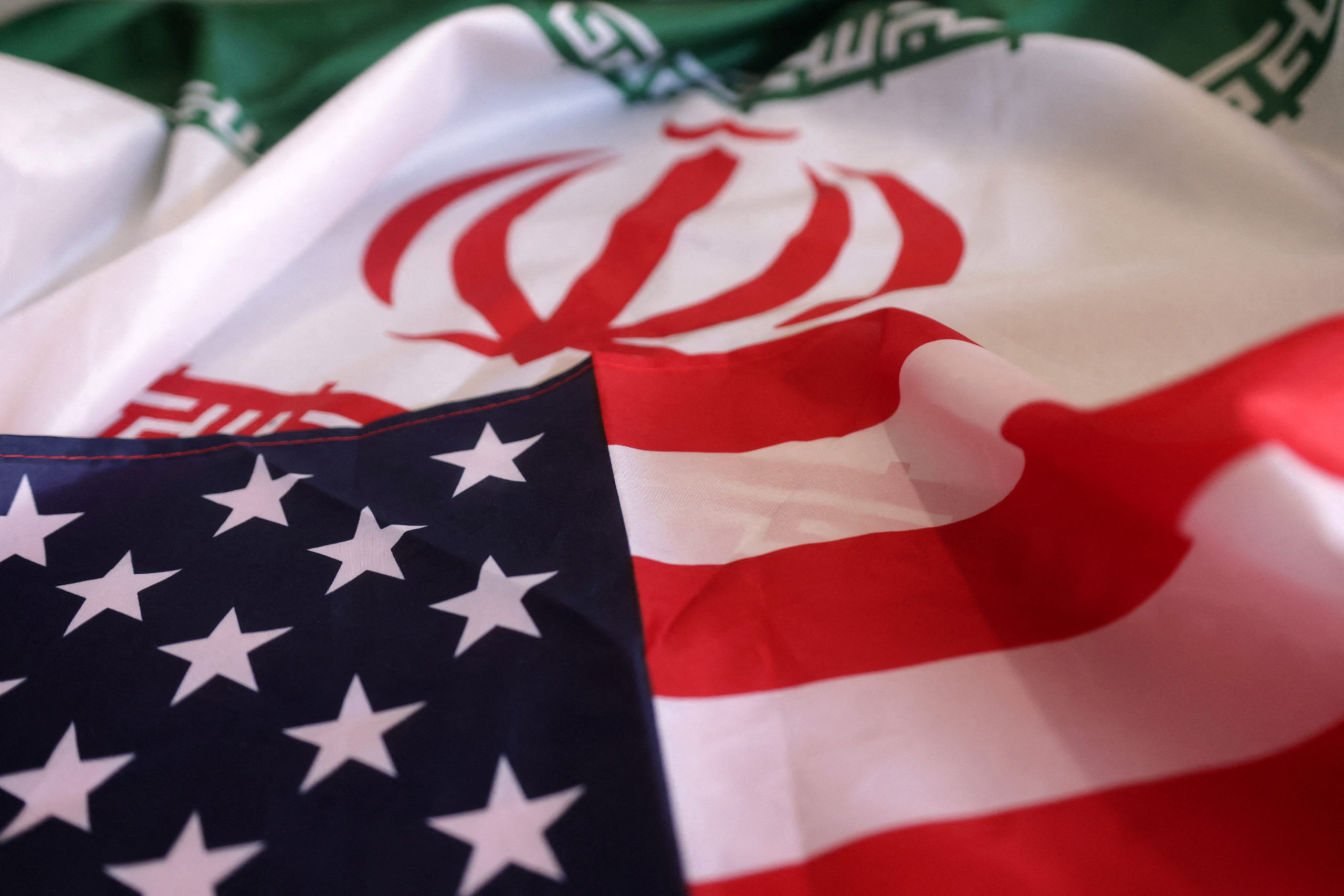New U.S. sanctions target Iranian petroleum, petrochemical trade

FILE PHOTO: USA and Iranian flags are seen in this illustration taken, September 8, 2022. REUTERS/Dado Ruvic/Illustration
WASHINGTON — The United States imposed sanctions on Thursday on firms it said had transported or sold Iranian petroleum or petrochemical products in violation of U.S. restrictions, including two companies based in China.
The sanctions are part of a Washington push to curb Iranian oil smuggling and come as efforts to revive Tehran’s 2015 nuclear deal have stalled in part due to increasingly strained ties between the Islamic Republic and the West.
In a statement, U.S. Secretary of State Antony Blinken said the sanctions target 11 firms and 20 affiliated shipping vessels that had facilitated Iran’s petroleum and petrochemical trade.
“These designations underscore our continued efforts to enforce our sanctions against Iran,” Blinken said.
Iran’s mission to the United Nations in New York did not immediately respond to a request for comment.
Two of the sanctioned firms are based in China, with others in Vietnam and the United Arab Emirates, according to the Treasury Department’s Office of Foreign Assets Control. The sanctions freeze the firms’ U.S. assets and generally bar Americans from dealing with them.
The U.S. issued the sanctions under a 2018 U.S. executive order that restored sanctions targeting Iran’s oil, banking and transportation sectors.
READ: Once-eased US economic sanctions against Iran back in effect
Former U.S. President Donald Trump imposed the 2018 order after abandoning the 2015 nuclear deal, which reined in Iran’s nuclear program in return for relief from economic sanctions. President Joe Biden’s administration has tried but failed to revive the pact over the last two years.
On Thursday, the Treasury Department issued a general license authorizing limited transactions with the 20 sanctioned vessels under what it called a “wind-down” period through June 29, a document on its website showed.
RELATED STORIES
EU imposes new Iran sanctions, won’t brand Guards ‘terrorists’ for now